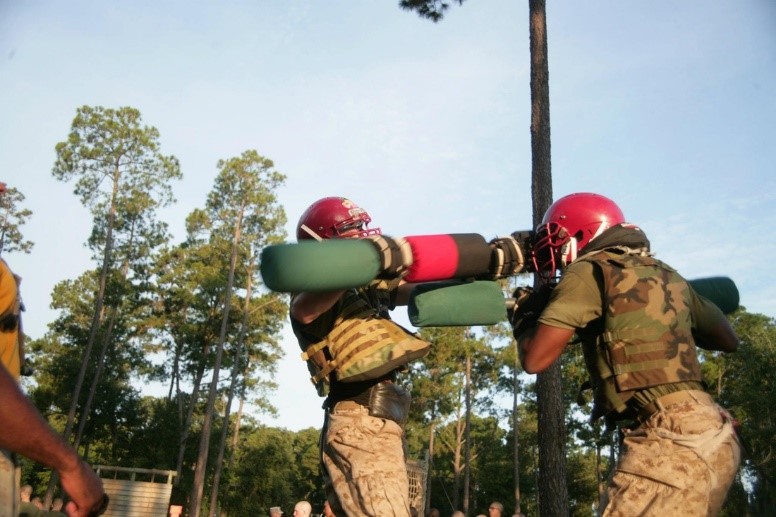The Value of (Healthy) Conflict
For each of the two presentations described below, I have two versions – one developed for civilian audiences and one for military/veteran audiences. These are two of my most requested talks. They are ideal as part of retreats (faith-based or secular), military reunions, seminars or other events that support healthy relationships. They can also be adapted and offered as web-based trainings.

Some people see fighting as a sign of fundamental incompatibilities. They’re right. We’re all incompatible on some levels, and it’s delusional to think otherwise.
In fact, you can take this as a rule of nature: You are never as compatible as you think you are at the start of any new relationship.
Many couples avoid conflict to prolong the “cocaine rush phase” of new love or to “keep the peace” in an existing relationship. This is a mistake. We need to fight.
Why You Should Fight is a 60-minute talk that works well as a web-based or live in-person presentation.
In fact, you can take this as a rule of nature: You are never as compatible as you think you are at the start of any new relationship.
Many couples avoid conflict to prolong the “cocaine rush phase” of new love or to “keep the peace” in an existing relationship. This is a mistake. We need to fight.
Why You Should Fight is a 60-minute talk that works well as a web-based or live in-person presentation.
This presentation, which is based on my book Marriage, for Equals and one of my most popular Psychology Today articles explains:
- What conflict can teach us that we would not know otherwise
- How avoiding conflict will endanger our relationships over time
- How conflict is critical for building trust and strengthening our relationships
How to Have a Good Fight.
At one time in history, couples’ therapists gave foam bats to couples in conflict and encouraged them to “release their anger.” Interestingly, the same tactic is used in the Marine Corps to train Marines to become aggressive. If “venting” aggression only makes us more aggressive, how can we fight without damaging those we love?How to Have a Good Fight is a 60-minute talk that works well as a web-based or live in-person presentation.


How to Have a Good Fight addresses:
- Key distinctions between pre-meditated and reactive aggression
- A clear description of what distinguishes aggressive and assertive behavior
- Insights on “rage” and “emotional flooding”
- Practical, effective strategies for gaining emotional self-mastery that have worked for both civilian and veteran couples
For each of the two presentations described above, I have two versions– one developed for civilian audiences and one for military/veteran audiences. These are two of my most requested talks. They are ideal as part of retreats (faith-based or secular), military reunions, seminars or other events that support healthy relationships. They can also be adapted and offered as web-based trainings.